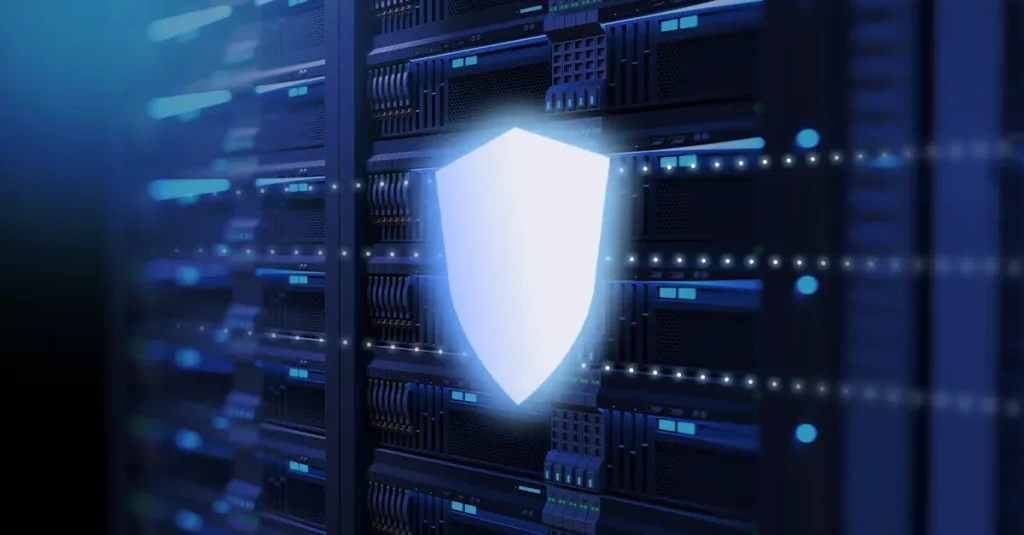Every byte of business today moves through a network, whether it’s a customer transaction, a remote team meeting, or a cloud-based application. As digital threats grow in complexity and reach, firewalls and encryption are no longer optional tools, but essential safeguards that protect sensitive information, ensure compliance, and keep organizations running securely.
Evolving Threats Demand Stronger Defenses
Cybercriminals are getting smarter. They use automation, artificial intelligence (AI), and social engineering to exploit even the smallest weaknesses. A single unsecured endpoint or outdated system can give attackers the foothold they need to compromise entire networks.
Firewalls and encryption serve as the first and last lines of defense: Containing threats, securing data, and enforcing the principle that only trusted connections and users gain access.
The Role of Firewalls in Modern Network Security
Firewalls have evolved far beyond their early role as digital gatekeepers. Modern next-generation firewalls (NGFWs) provide deep packet inspection, intrusion prevention, and application-level controls, offering IT teams comprehensive visibility into network traffic.
Today’s firewalls actively analyze patterns, detect anomalies, and integrate with cloud environments to protect users wherever they connect, enforcing authentication and access policies that ensure every connection is verified and secure.
Encryption: Protecting Data in Motion and at Rest
If firewalls are the perimeter guards, encryption is the lock on every door inside. It transforms readable information into protected code, ensuring that even if data is intercepted, it remains inaccessible without authorization.
End-to-end encryption has become indispensable for cloud-based operations, secure file sharing, and digital communication. It’s also a cornerstone of regulatory compliance for industries handling sensitive information around the globe, including:
- HIPAA – Protecting patient records and healthcare data.
- GDPR – Safeguarding personal data and privacy for EU citizens.
- PCI DSS – Securing payment data in retail and financial transactions.
Without encryption, data exposure risks and the costs of non-compliance, reputational damage, and legal penalties rise.
Security and Compliance Go Hand in Hand
Organizations must now balance security with strict compliance mandates. Firewalls and encryption work together to meet both needs.
- Firewalls manage and monitor access, segment networks, and block unauthorized traffic.
- Encryption ensures that even if data leaves the network perimeter, it remains protected.
Together, they form the backbone of a zero-trust security model, one that assumes no device, user, or connection is safe until proven otherwise.
Conclusion
As digital transformation accelerates, so does the need for stronger network defenses. Firewalls and encryption are business decisions that protect a company’s reputation, maintain compliance, and ensure uninterrupted operations. It’s not just limited to the scope of IT.
At Flō Networks, we specialize in developing the most suitable security solutions for your company, backed by a track record and experience developed over more than 20 years of providing connectivity solutions and services that utilize security mechanisms for your network.

